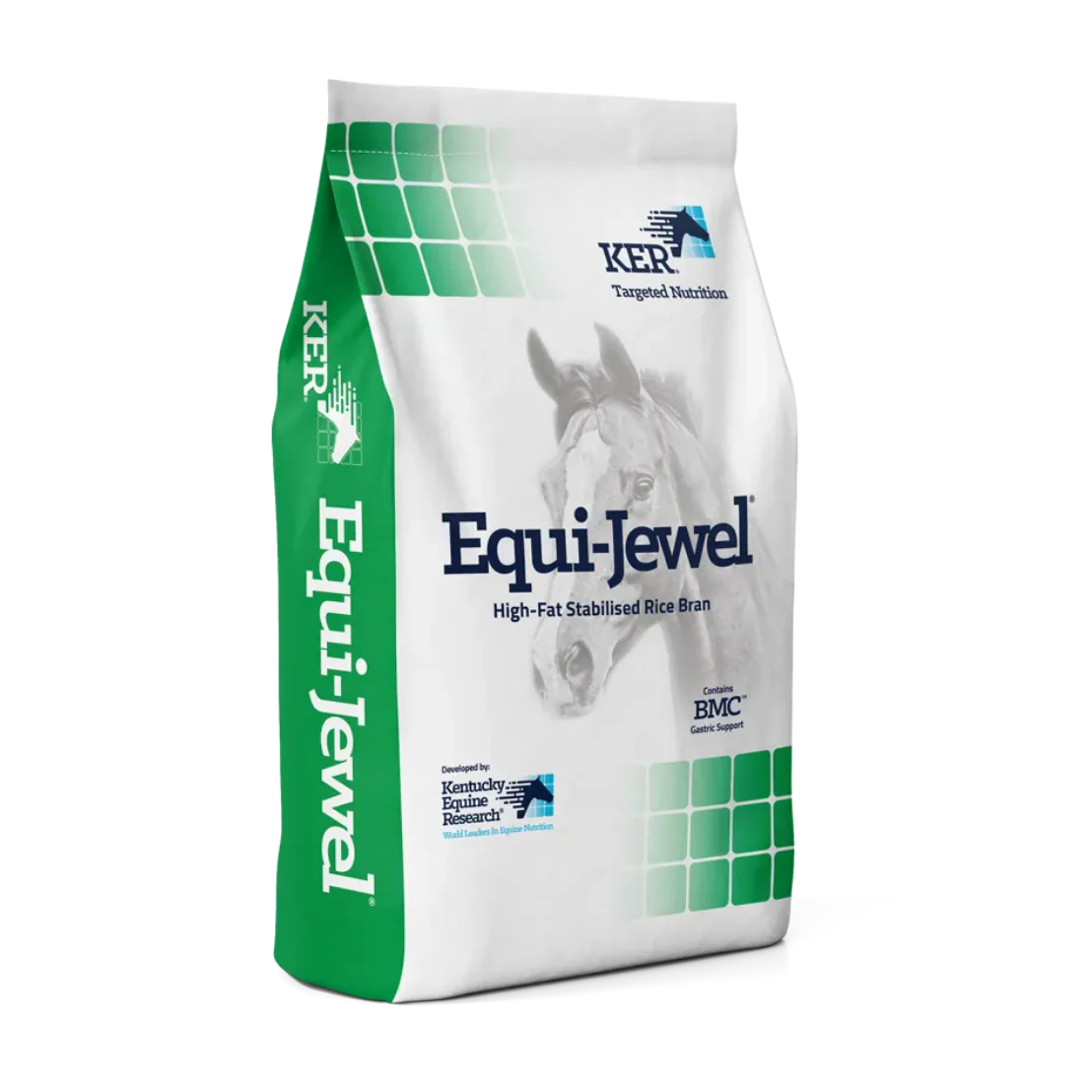Articles, case studies & advice
Expert tips and insights to keep your horse healthy, happy, and well-fed.
Articles

Gro-Trac® – Equine Growth-Monitoring Software
The first tool of its kind, Gro-Trac® helps breeders track and compare their young horses’ growth with similar horses locally and internationally.

MicroSteed™ Equine Nutrition Calculator
MicroSteed™ is the equine nutrition calculator and ration evaluator developed by Kentucky Equine Research to assess total dietary intake of nutrients from feed, forages and supplements.
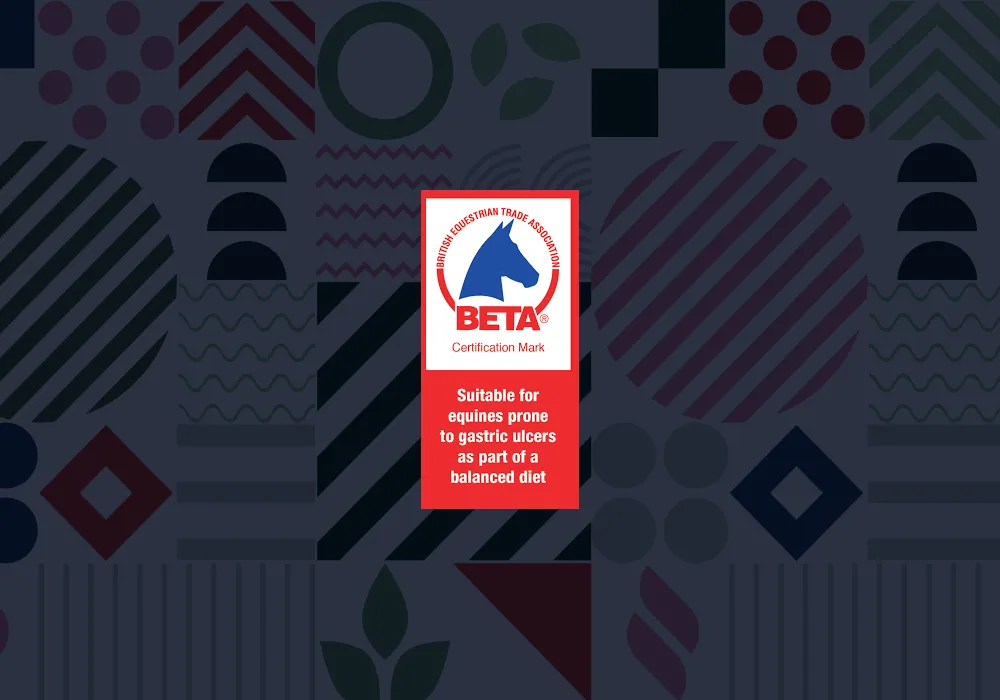
Understanding BETA EGUS
Learn what BETA EGUS approval means and how it helps owners choose feeds that support equine digestive health. Discover how Saracen Horse Feeds meets these standards through research-led formulations and responsible feeding practices.
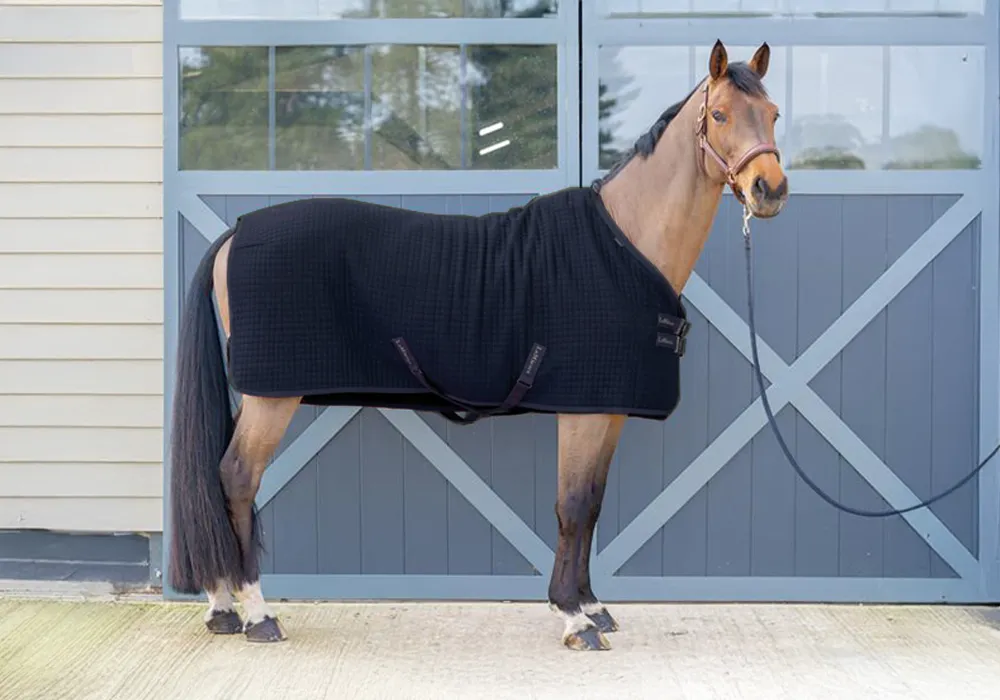
Feeding Solutions for Horses Prone to Tying-Up
Discover the best feeding strategies for horses prone to tying-up. Learn how RE-LEVE®-Mix, EQUI-JEWEL®, and SHAPE-UP® support equine muscle health and recovery.
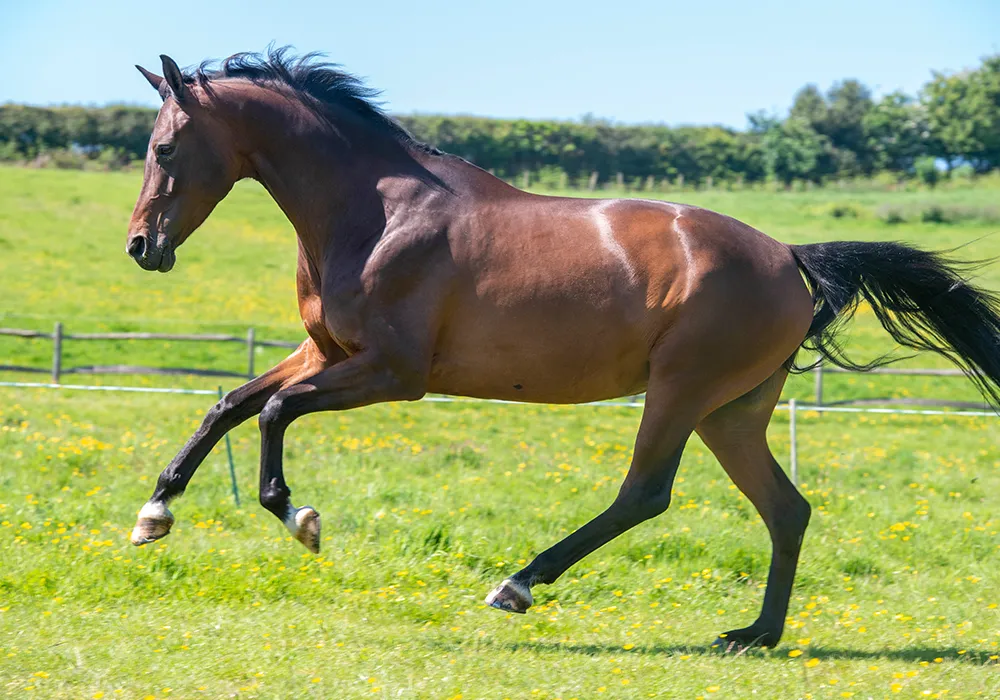
Understanding Equine Muscle Myopathies
Learn about common horse muscle myopathies – RER, PSSM, and MFM. Discover symptoms, diagnosis, and nutritional management strategies for tying-up in horses.

Feeding Horses for Energy: Instant Energy vs. Stamina Explained
Learn how to feed your horse for more energy. Discover the best feeds for instant energy, stamina, and endurance, plus tips for good-doers and performance horses.
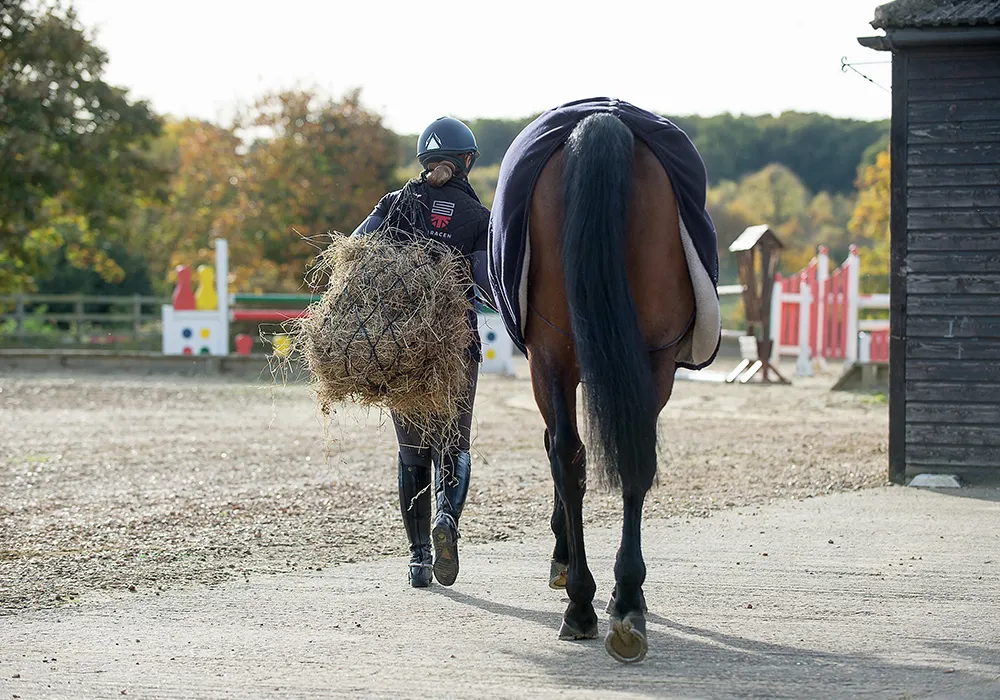
Forage Analysis for Horses Explained
Find out how a forage analysis helps balance your horse’s diet. Learn when to test hay, haylage, or grass and how results guide equine nutrition.
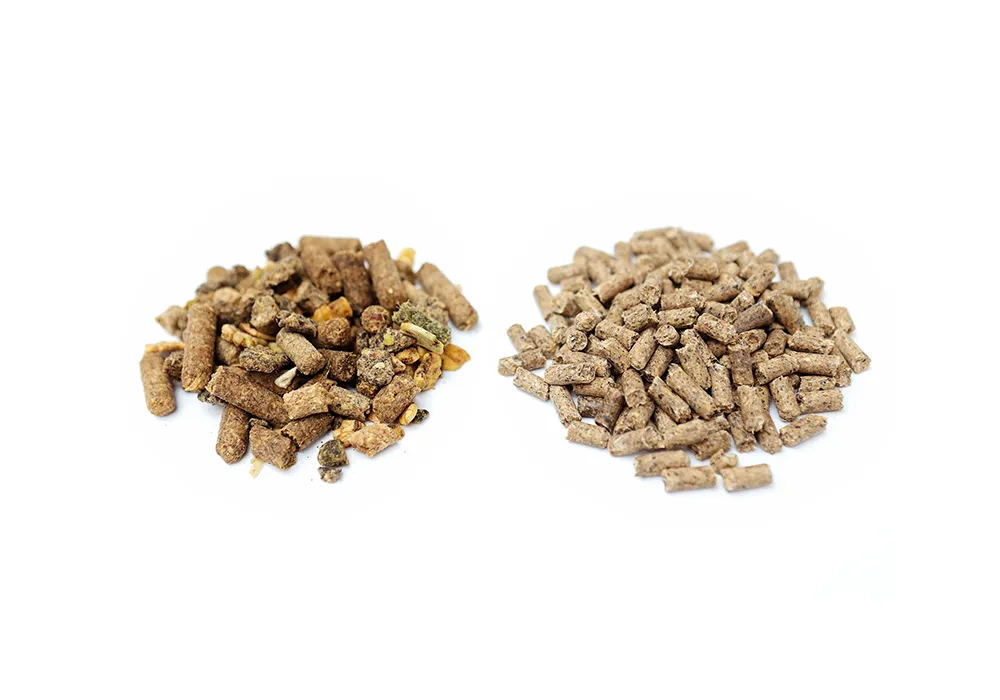
Feed Ingredients for Horses
Discover the key horse feed ingredients used in Saracen Horse Feeds and why they matter. Learn how fibre, cereals, protein, oils, vitamins, and minerals support equine health, condition, and performance.

Managing Metabolic Conditions in Horses
Learn how to feed and manage horses with metabolic disorders and laminitis prone using a low starch diet.








